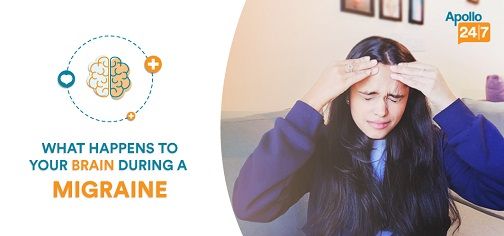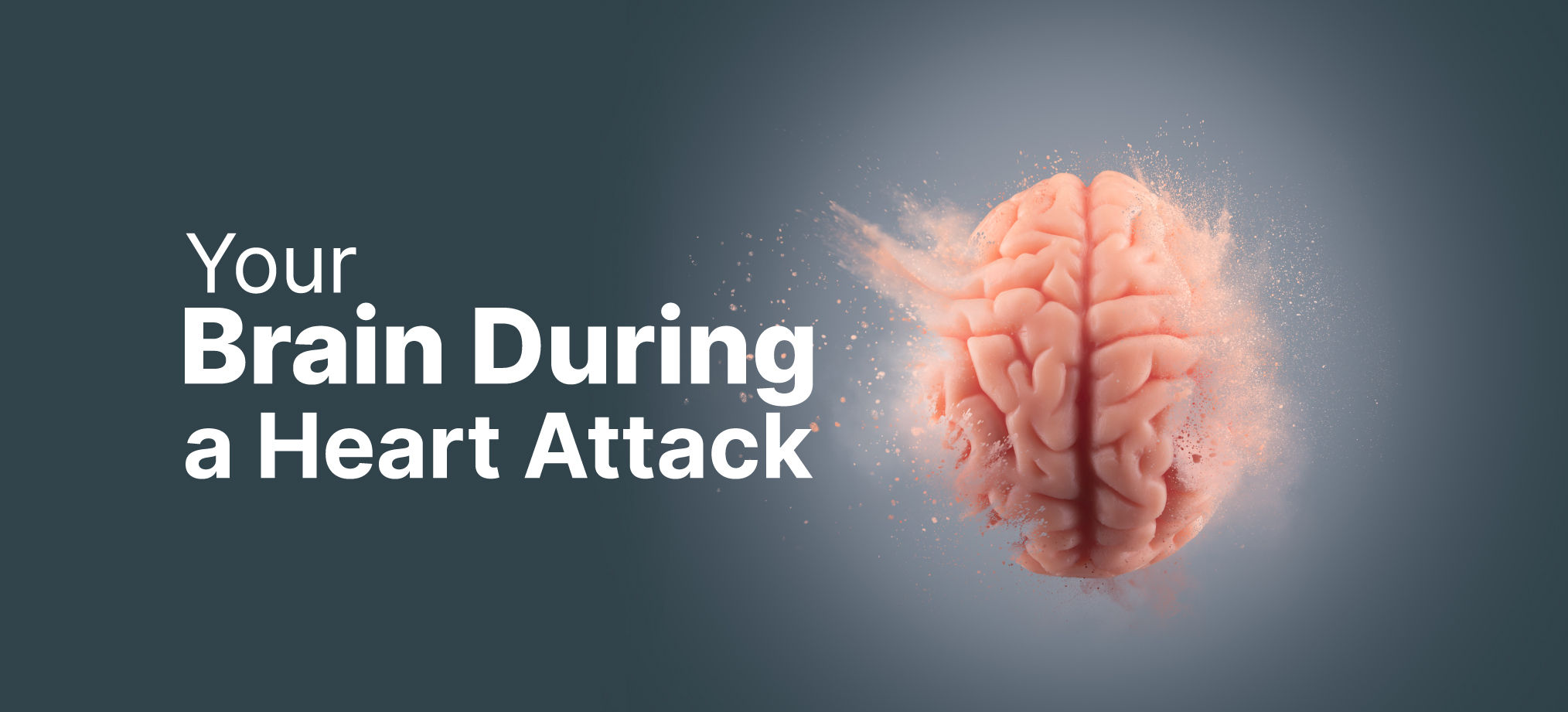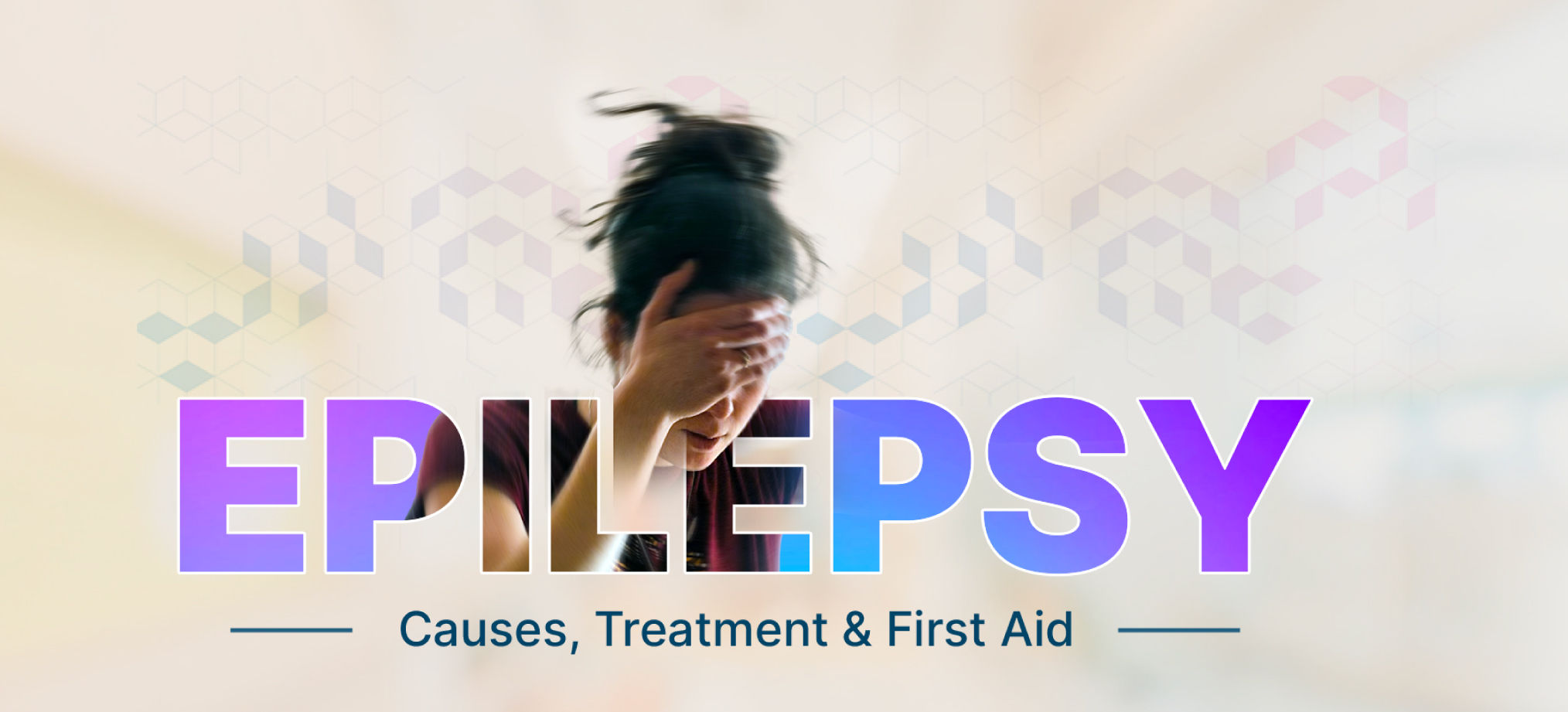Neurology
What Happens to Your Brain During a Migraine?
3 min read
By Apollo 24|7, Published on - 10 November 2022, Updated on - 03 February 2023
Share this article
0
8 likes

Having a migraine is something that nobody enjoys. It's unpleasant, and it makes you hypersensitive to noise, light, and movement. But have you ever pondered, during a migraine attack, what exactly is happening in your brain? Keep reading to find out.
The Role of the Hypothalamus in Migraines
Before a migraine attack, a person may feel a wide range of symptoms, including an increase in thirst, nausea, frequency and/or duration of yawning, and a change in mood. The hypothalamus, a specialised region of the brain, is responsible for all these symptoms. Its primary role is to regulate hormones and the autonomic nervous system to keep the body stable. Notably, the hypothalamus becomes abnormally active before a migraine attack, resulting in an aura.
The 'migraine aura' involves a series of symptoms which may appear during or before the headache. A person getting an aura may experience flashes of light, blind spots, and other vision changes or tingling in the hand or face before the headache starts.
Did You Know?
Migraines are far more common in women than in men due to hormonal fluctuations.
Migraines Affecting Your Sensitivity to Light and Sound
The trigeminal nerve in the brain is to blame for being sensitive to light, sound, and physical movements like coughing and sneezing. This nerve sends pain signals to the brain, but when you have a migraine, these pain signals become more intense. This means that your pain threshold is lower, which makes you more sensitive to pain.
Did You Know?
Migraine attacks are more likely to occur in those who also suffer from depression, anxiety, obesity (particularly when accompanied by obstructive sleep apnea), asthma, or pain disorders.
Tips to Prevent and Treat Migraines
Migraine attacks typically manifest as throbbing or pulsating pain, generally on one side of the head. Nausea, vomiting, and an intolerable sensitivity to light and sound are common side effects. You can prevent migraines by
- Being consistent with your daily meals.
- Eating on time, as fasting increases the risk of migraines.
- Avoiding foods that trigger migraines like junk food, MSG-based food, processed meat and alcohol.
- Avoiding stress can set off migraines and other types of pain.
- Trying aerobic exercise regularly to manage migraine attacks.
Did You Know?
"Migraine sufferers could similarly benefit from regular aerobic activity. Multiple studies have shown that it helps lessen both the frequency and intensity of migraine attacks" - Stanford University
You can try these simple tips to implement during a migraine attack:
- Sleep or lie in a dark room
- Try over-the-counter (OTC) painkillers
- Try acupuncture
- Go for transcranial magnetic stimulation (TMS)
If you're still experiencing headaches on a regular basis despite trying the aforementioned treatments, consider a visit to a neurologist.

Final Note
Migraines are more than just painful headaches; they are distinct neurological disorders. More than 10% of the world's population is thought to be affected by this; it most commonly strikes those in their twenties to fifties and is around three times more prevalent in women than in males. Consult Apollo's best neurologists if you are experiencing a migraine.
Medically Reviewed by Dr Dhanunjay Reddy B
Neurology
Leave Comment
Recommended for you

Neurology
What Happens To The Brain During a Heart Attack?
A heart attack happens when the flow of blood is severely reduced or blocked. Similarly, there is also a deficit of oxygen and blood in the brain during a heart attack.

Neurology
What To Do If A Person Gets An Epilepsy Attack In Front Of You?
Epilepsy is a neurological condition characterized by recurrent seizures. When diagnosed and treated in time, 70% of people with epilepsy can live normal lives.

Neurology
Depression Can Increase The Risk Of Stroke…Know How!
Recent studies have found that those with depression are more likely to experience strokes, potentially due to the impact of depression on cardiovascular health. So if you're feeling down, it's important to seek help not just for your mental health but for your physical health as well.
Subscribe
Sign up for our free Health Library Daily Newsletter
Get doctor-approved health tips, news, and more.
Recommended for you

Neurology
What Happens To The Brain During a Heart Attack?
A heart attack happens when the flow of blood is severely reduced or blocked. Similarly, there is also a deficit of oxygen and blood in the brain during a heart attack.

Neurology
What To Do If A Person Gets An Epilepsy Attack In Front Of You?
Epilepsy is a neurological condition characterized by recurrent seizures. When diagnosed and treated in time, 70% of people with epilepsy can live normal lives.

Neurology
Depression Can Increase The Risk Of Stroke…Know How!
Recent studies have found that those with depression are more likely to experience strokes, potentially due to the impact of depression on cardiovascular health. So if you're feeling down, it's important to seek help not just for your mental health but for your physical health as well.